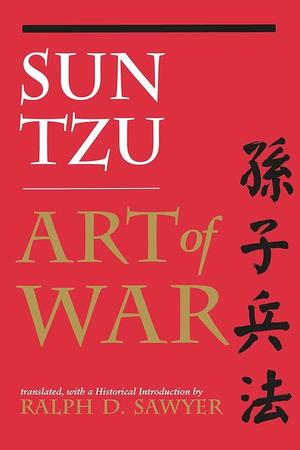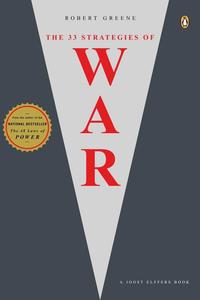
The Art of War by Sun Tzu: Summary & Notes
by Sun Tzu
In One Sentence
The supreme art of war is to subdue the enemy without fighting—through superior strategy, knowing yourself and your enemy, and exploiting circumstances.
Key Takeaways
- "Know yourself and know your enemy, and in a hundred battles you will never be in peril"
- The best victories are won without fighting—through strategic positioning and psychology
- Speed and deception are essential: appear weak when strong, strong when weak
- Terrain and timing determine success—choose battles where conditions favor you
- A good commander adapts to circumstances like water adapts to terrain
- Take care of your troops and they will follow you anywhere
Summary
A timeless book about the strategy of war. Many of the core principles apply beyond war to business and life in general.
The only knock is that much of the strategy is specific to warfare, while more modern books like 33 Strategies of War have broader applicability to modern life.
That said, you will always find new wisdom each time you re-read this book.
Who Should Read This Book
- Business strategists and competitive professionals
- Military officers and students of military history
- Anyone facing conflict who wants strategic frameworks
- Leaders who need to outmaneuver competition
FAQ
What is the main message of The Art of War?
The central teaching is that the best strategy wins without direct conflict. Know yourself and your enemy thoroughly. Use deception and positioning to create advantages. Adapt like water to circumstances. The goal is victory at minimum cost.
What are Sun Tzu's key principles?
Key principles include: 1) Win without fighting if possible. 2) Know yourself and your enemy. 3) Use deception. 4) Attack weakness, not strength. 5) Speed and surprise. 6) Adapt to circumstances. 7) Secure your position before seeking battle.
How can I apply The Art of War to business?
Study competitors thoroughly. Position yourself where you have advantages. Move quickly before competitors react. Use indirect approaches rather than head-on competition. Secure your resources and morale. Time your moves for when conditions favor you.
Click to expand comprehensive chapter-by-chapter breakdown (~15-20 min read)



